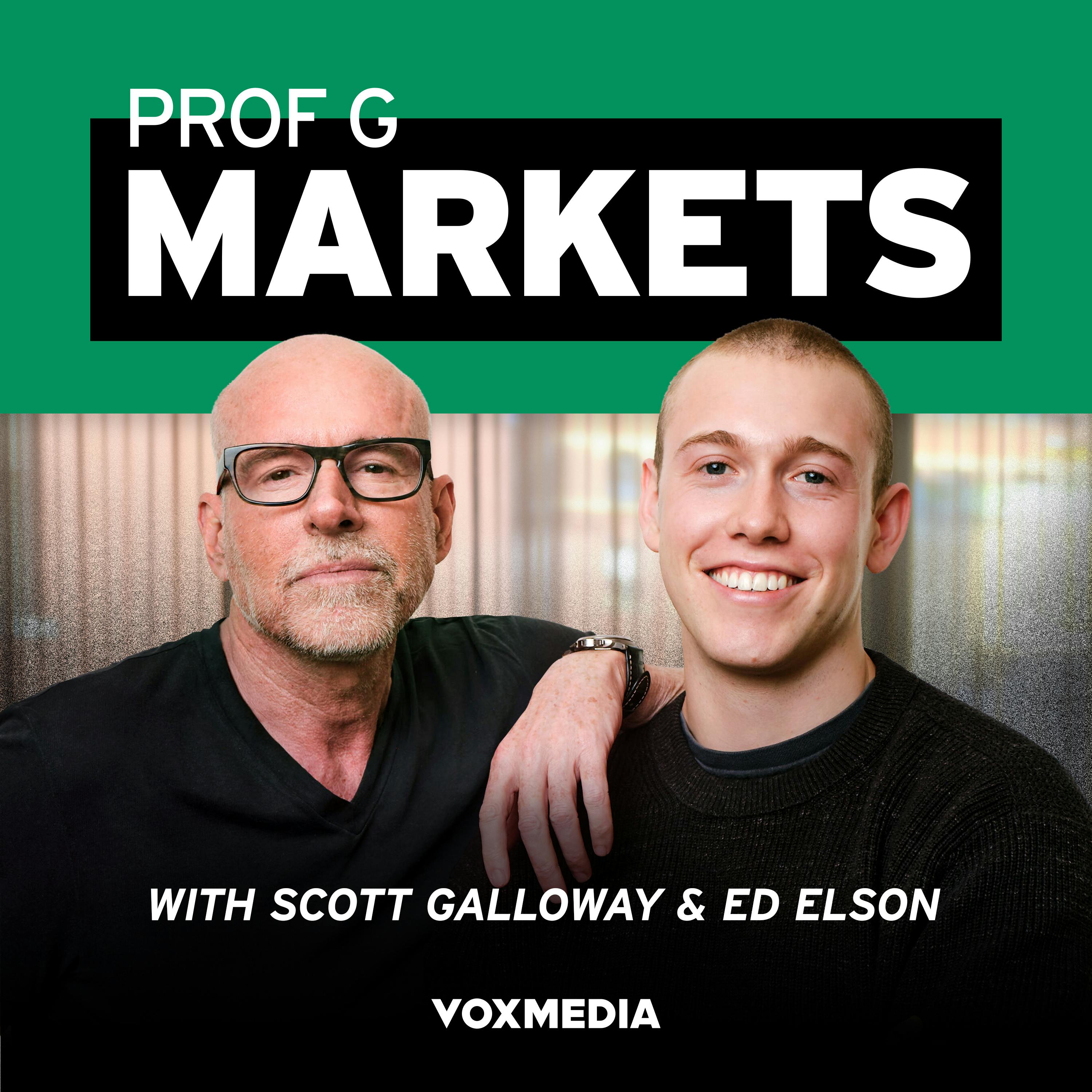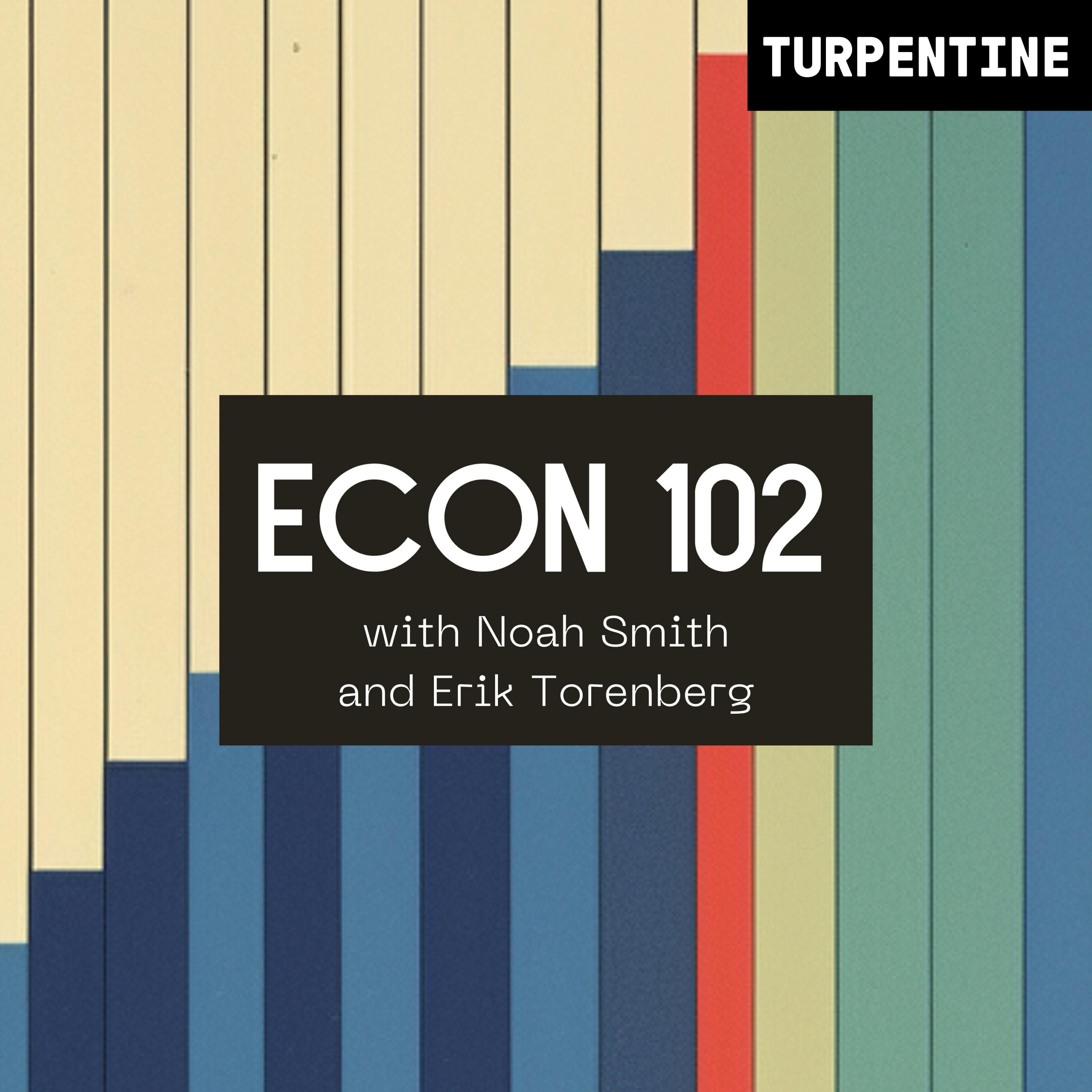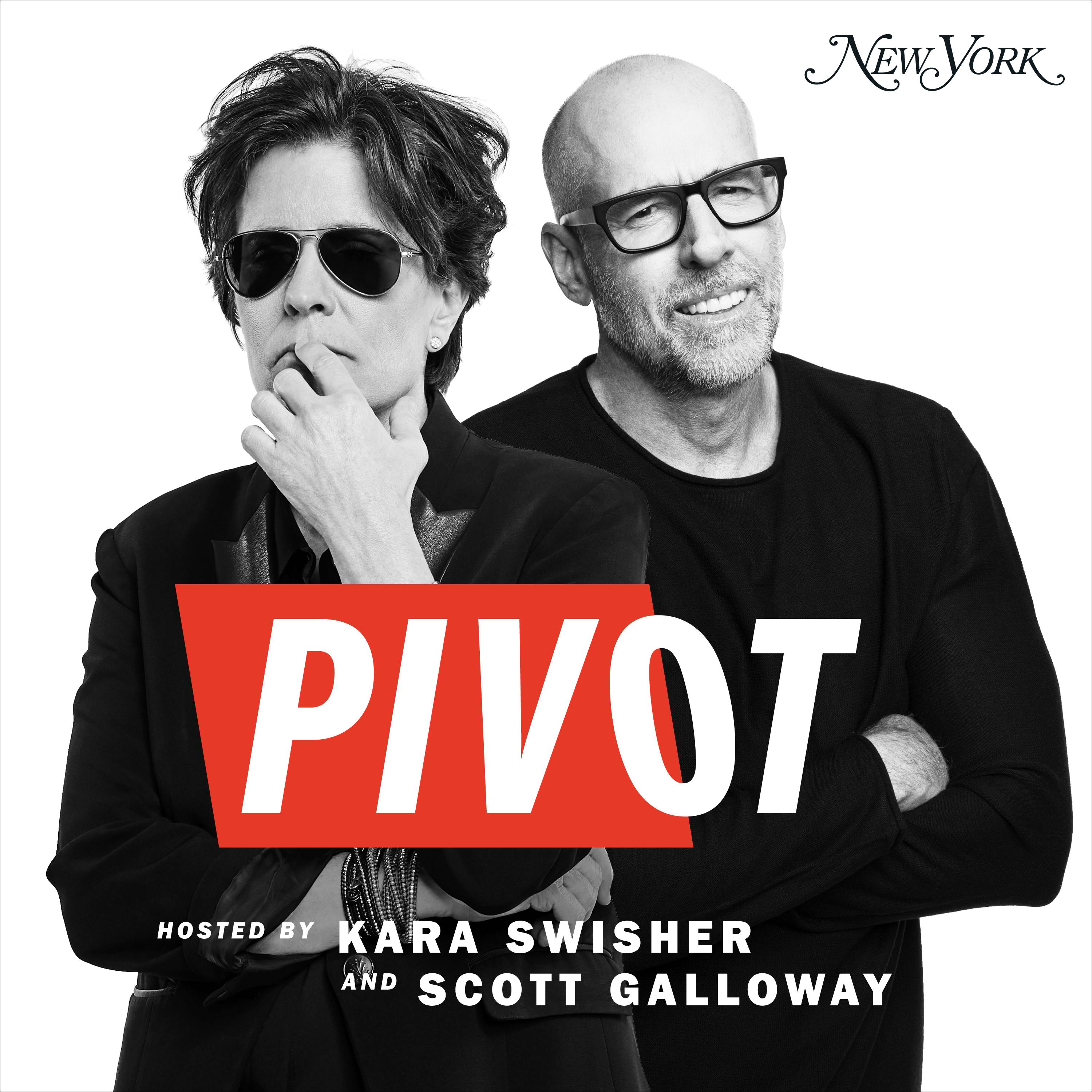PortalsOS
Related Posts
Vote to see vote counts

Despite everyone recognizing the problem of circular deals potentially creating a bubble, no one is slowing down. It's driven by FOMO - the fear of missing out on the AI revolution.

The risk of a systemic crisis in AI financing exists if private credit markets become a shadow banking system, but monitoring and regulation can mitigate this risk.

TSMC, Taiwan Semiconductor Manufacturing Corp, holds 66% of the market share in AI-driving chips. Given China's proximity and claims over Taiwan, this presents a strategic challenge for U.S. investments.
The competitive landscape in AI has led companies to engage in cashless transactions, such as the Microsoft-OpenAI deal, where credits are used as in-kind investments. This practice, now adopted by Amazon and Google, raises questions about the quality of revenue.

Analysts are warning about AI bubble fueled by companies pouring money into each other's coffers. It's a ticking time bomb!

The AI economy might be headed for a collapse due to circular deals, as seen with recent agreements between AMD and OpenAI, and NVIDIA and XAI. This has led to widespread recognition of a potential bubble in the market.

The AI money bubble is a significant concern, with over a trillion dollars of incremental CapEx being announced, such as the recent OpenAI and Broadcom deal. This level of capital expenditure raises red flags about how it's being financed.
The circular nature of these deals, where companies like Nvidia invest in AI startups who then buy their chips, is raising fears of a bubble in AI.

The market is rewarding AI investments, but there's skepticism about the long-term economic sense. The real question is whether these investments create long-term liabilities that hinder future profitability.
Circular revenues, where companies engage in transactions that create revenue without genuine demand, are a historical red flag. This practice can be seen in some recent AI industry deals, reminiscent of past financial scandals like Enron and WorldCom.